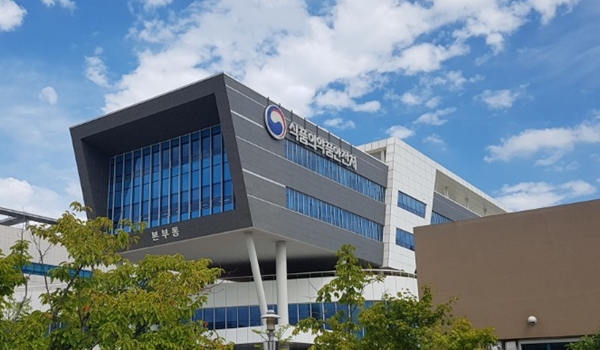Cold medicines, including antipyretics and anti-inflammatory analgesics, are going extremely short due to the recent spike in Covid-19 cases in Korea.
However, the Ministry of Food and Drug Safety is refraining from intervening and letting drugmakers and distributors handle the supply shortage themselves.

On Aug. 1, the Ministry of Health and Welfare sent a letter to medical institutions requesting cooperation regarding the insufficient supply of cold medicines.
In the letter, the ministry said particular drugs such as antipyretics, anti-inflammatory painkillers, and children’s cold syrups are expected to be in shortage because they could help improve Covid-19 symptoms.
The ministry recommended that physicians prescribe tablets to pediatric and adolescent patients and check the Drug Utilization Review (DUR) system to prescribe only the required amount.
With growing concerns about the shortage of cold medicines, the MFDS also resumed monitoring the supply and demand of cold medicines early this month.
The MFDS suspended the monitoring on July 4 but resumed it on Aug. 1 after Covid-19 cases spiked. On the list for monitoring are 1,839 items from 181 pharmaceutical companies.
On Aug. 8, the MFDS also said it would run a “Cold Medicine Swift Response” system to provide information on 10 essential cold medicines requested weekly by the Korean Pharmaceutical Association and other cold drugs that can replace them.
The MFDS said the 181 companies being monitored should access the cold medicine response system every Wednesday to check their products and type whether they can supply them depending on their inventory status.
The MFDS said the system would help pharmacies directly request a supply of particular drugs from wholesalers or drug companies.
However, industry officials said there was a discrepancy between the government’s monitoring of cold medicine supply and the Cold Medicine Swift Response system.
complained that even after they checked inventory in the system and requested additional supplies from distributors, they could not receive cold medicines.
An official at the MFDS said the cold medicine response system required the industry’s cooperation.
“If certain cold medicines are showing a blank status on whether the supply is possible on Wednesday morning, the ministry contacts the company to type in the status within Wednesday,” the official said.
Still, the MFDS refused to comment on whether the regulator punishes a company that does not cooperate with the cold medicine response system.
Regarding blind spots in the MFDS’ response system, the MFDS official said cooperation among individual pharmaceutical companies and wholesalers was “a must” to effectively run the cold medicine response system, led by medical/pharmaceutical groups and pharmaceutical/distribution associations.
The official added that if a wholesaler or a drugmaker gets a supply request from a pharmacy that confirms the availability of supply in the system, they should actively provide the requested medicine even if the pharmacy is not their existing client.

